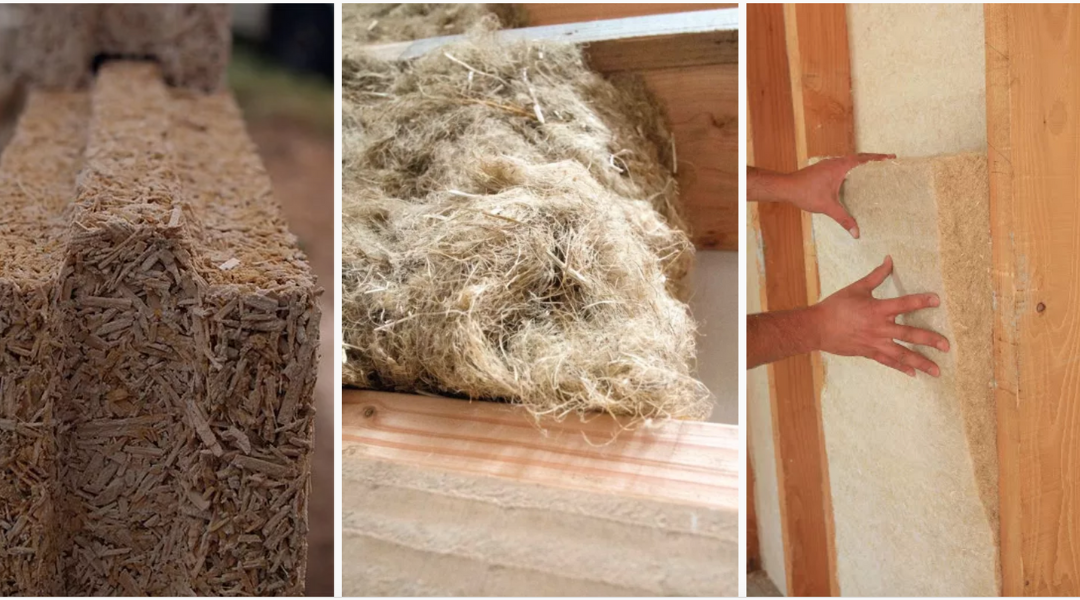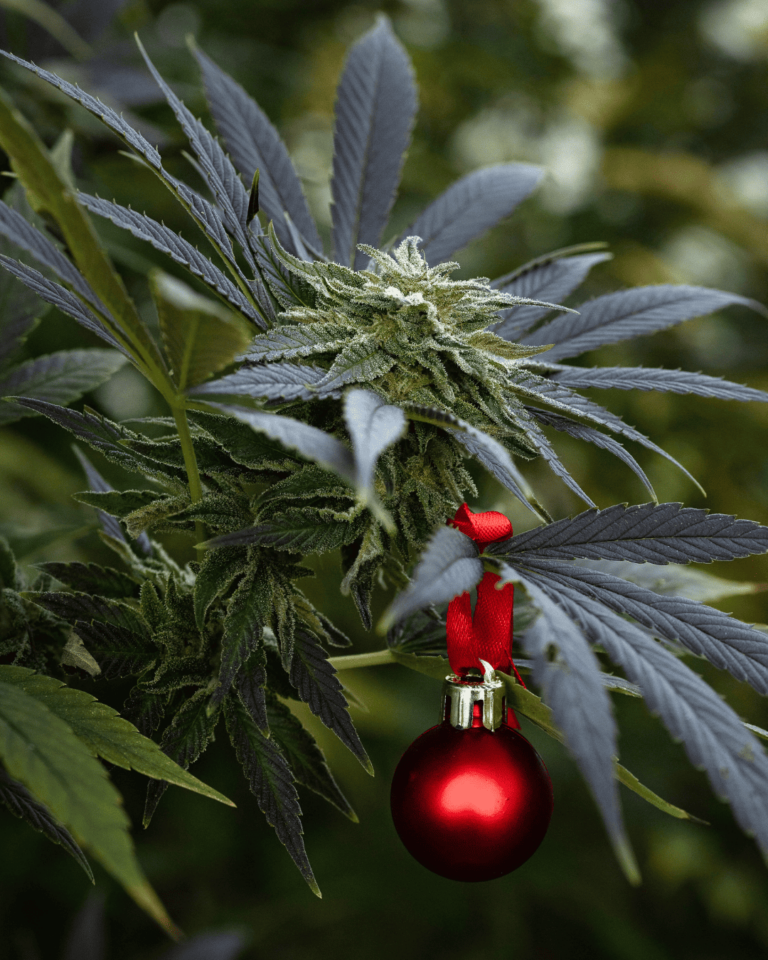Eco-friendly thermal and acoustic insulation with hemp
Are you looking for a method of insulation that is both ecologicalAre you looking for an efficient and effective solution for your home? Have you consideredinsulation at hemp ? This natural material offers a host of advantages for your home, particularly in terms ofthermal insulation and acousticshealth and well-being, andenvironmental impact positive. In this article, we'll tell you all you need to know about hemp insulation: its ecological benefits, thermal performance and acoustic properties.
What is hemp and why use it for insulation?
Hemp is a plant belonging to the Cannabaceae, used for thousands of years for its fibrescannabis, its seeds and its medicinal properties. This plant is distinguished from recreational cannabis (Cannabis Indica) by the absence of psychotropic substances, which rules out any classification as a drug. Its robustness allows it to grow rapidly in a variety of climates and soil types without the need for heavy irrigation, chemical fertilisers or pesticides. Hemp also plays a beneficial role in regeneration soil conservation, the fight againsterosionand stands out for its ability to absorb CO2 and store carbon in its fibres.
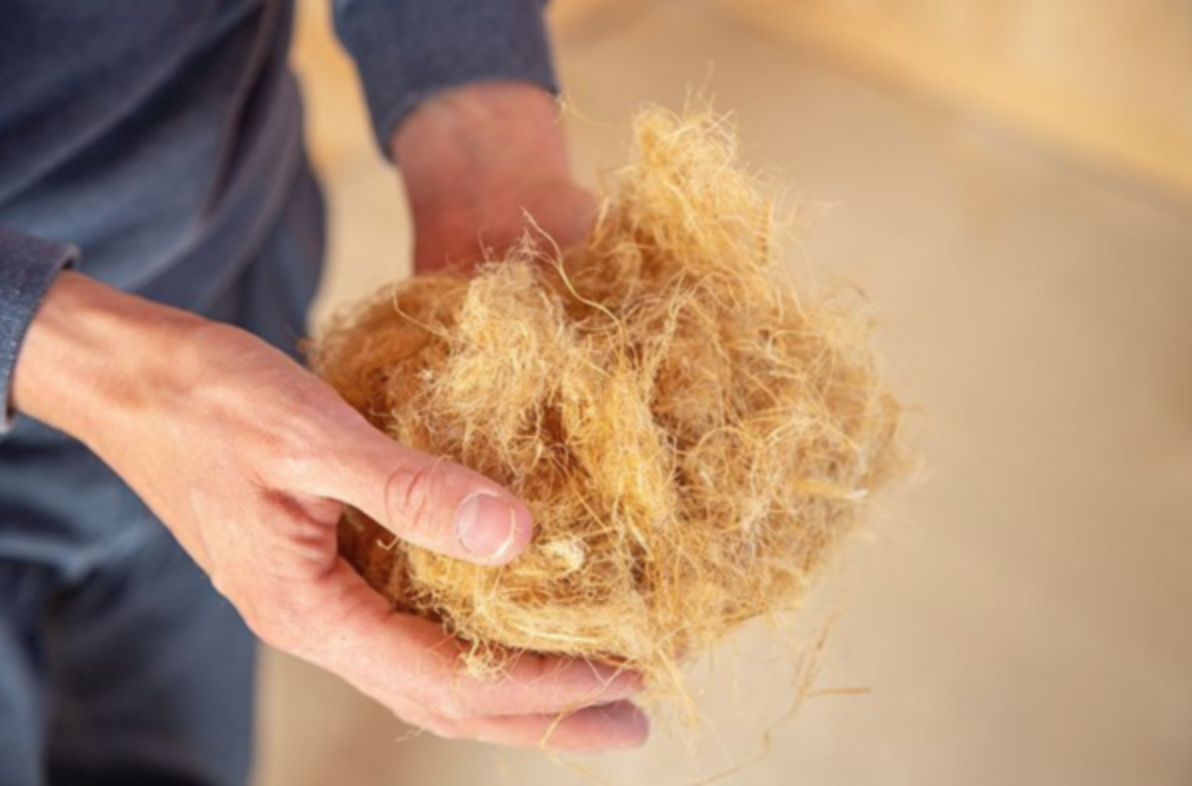
Origin and characteristics of hemp
Hemp is composed of rod (fibre and chenevotte), the seed (oil and cake) and the leaf (active ingredients). For theinsulationThe fibre from the stem is mainly used in the form of hemp wool or transformed into hemp insulation panels for a variety of insulation applications. Originally from Central Asia, hemp has been cultivated for over 10,000 years. It found its way to Europe, Africa and America through its use in rope manufacture, textilespaper, oils, medicines and building materials.
Ecological benefits and sustainability of hemp
L'insulation hemp offers environmental benefits significant. Hemp is a material renewable, biodegradable and recyclable. It regenerates quickly and its production process is energy-efficient, involving minimal processing and transport. This gives it a low, even negative, carbon footprint. Hemp does not release any substances toxicand acts naturally as a fungicidean antibacterial and insect repellent.
The benefits of hemp insulation for your home
Opting for hemp insulation brings a number of advantages to your home, from thermal performance to acoustic benefits, not forgetting its role in maintaining a healthy environment. healthy. Let's explore these benefits in more detail.
Thermal performance and comfort in summer and winter

L'hemp insulation is a wise choice for significantly reducing heat lossesr during the winter and maintain a comfortable temperature during the summer. Thanks to its large capacity thermalHemp is capable of storing heat and then gradually releasing it. Its low thermal conductivity makes it an excellent insulator. heat insulation.
The coefficient of thermal conductivity (lambda) of hemp wool is 0.040 W/m.K. The lower the value, the better the insulation. Hemp has a higher λ value than traditional insulation materials, so a thicker layer is required for equivalent thermal resistance.
This insulation guarantees thermal comfort by eliminating unpleasant sensations of cold or heat and stabilising interior temperatures.

Acoustic properties and impact on quality of life
Hemp is also distinguished by its acoustic properties exceptional. It considerably improves quality of life in the home. It is effective for absorb sound and reduce noise pollutionwhether external or internal.
Hemp offers protection against ambient noise (such as road traffic and neighbours) as well as against noises impact (such as footsteps and shocks). Hemp offers acoustic insulation which can exceed 40 dB. This would outperform the average insulation material.
By reducing noise, hemp encourages calm and tranquillity, essential for a restorative sleepr, better concentration and general well-being.
Contributing to healthy living: moisture regulation and indoor air quality
As well as its thermal and acoustic benefits, hemp insulation plays a key role in creating a warm and welcoming home. healthy habitat. As a material hygroscopicHemp is able to regulate humidity by absorbing excess water and releasing it as required.
This property helps to prevent condensation and mouldwhile preserving indoor air quality. Hemp is naturally free of harmful substances and allergens. So it provides a healthy environment for its occupants and for the planet.
As we have seen, hemp is also fungicidal, antibacterial and repels insects. It contains no irritating fibres, no dust or volatile particles. Hemp is therefore beneficial both for the health of residents and for the environment.
Which hemp insulation should you choose for your home?
There are three types of hemp insulation:
- Blocks Hemp and lime blocks: Used to build walls or partitions, they are extremely resistant. Hemp and lime block is a bio-sourced building material. It is made from chenevotte and natural hydraulic binders. The chenevotte is obtained by defibrating hemp straw.
- Wool Flexible and adaptable, it is perfect for filling in irregular spaces in frameworks, partitions or roofs.
- Panels : Perfect for insulating walls, floors and roofs, they are easy to lay and pleasant to the touch. They won't sag over time.
IsoHemp: a Walloon player in hemp insulation
IsoHemp was created in 2011 by two people with a passion for sustainable construction.
Today, IsoHemp operates in 5 countries through an extensive distribution network. Thanks to their know-how, IsoHemp offers sustainable, high-performance solutions for insulating your buildings while respecting the environment.
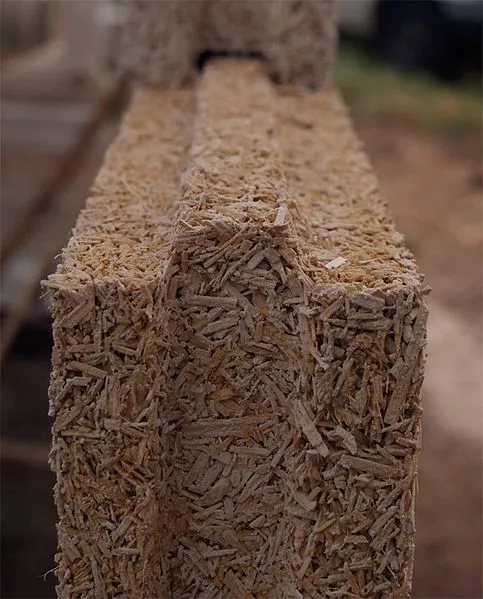
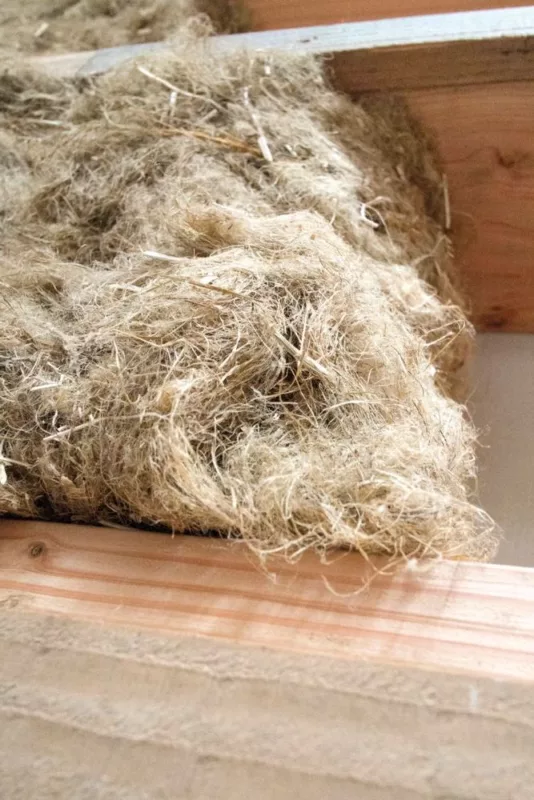
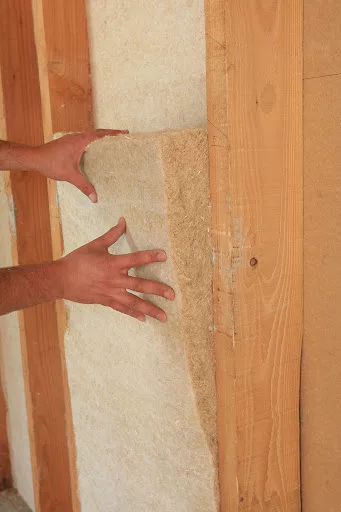
Conclusion
In conclusion, hemp insulation is an ecological, effective and sustainable solution for improving the energy efficiency of your home. thermal comfort and acoustics of your home while contributing to a healthy environment. By choosing this natural materialYou're taking a step towards a home that's more respectful of the planet and you're taking care of your well-being.
Join us on Facebook and Instagram !
Discover our edible hemp range and our range of CBD oils. Organic hemp grown in Belgium.



